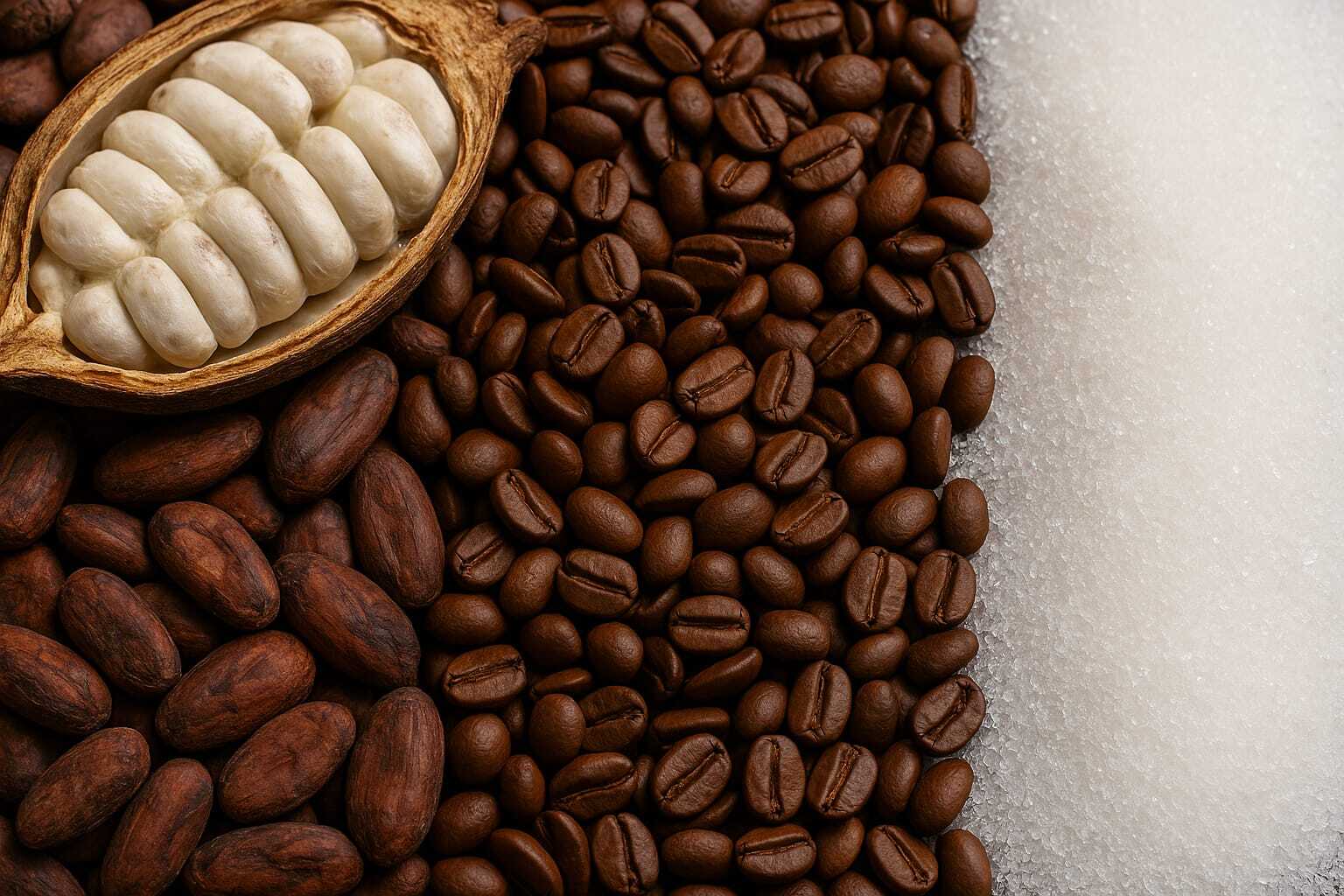World cocoa, coffee, and sugar prices fell on Wednesday as investors reacted to former U.S. President Donald Trump's decision to impose heavy tariffs on U.S. imports, raising concerns about a potential decline in chocolate and coffee demand in one of the world's largest consumer markets.
Tariffs and Market Impact
Trump announced a 10% baseline tariff on all U.S. imports, with some reaching more than 50%, triggering uncertainty across global markets and reversing decades of trade liberalization.
- Vietnam and Indonesia, the world's top robusta coffee producers, now face 46% and 32% tariffs, respectively.
- Brazil, a leading arabica coffee and sugar producer, was hit with a 10% tariff.
- Ivory Coast and Ghana, the top cocoa growers, face 21% and 10% tariffs, respectively.
- The U.S., which imports significant amounts of processed cocoa products such as butter and powder from the EU, Malaysia, and Indonesia, imposed 20% tariffs on the EU, 24% on Malaysia, and 32% on Indonesia.
A Europe-based coffee trader commented on the situation:
"We don’t yet know the full impact, but there are no winners. This is bad for everyone. For the U.S., it’s inflationary, while other exporters risk losing access to a huge market."
Commodity Price Movements
Following the tariff announcement, prices across major agricultural commodities fluctuated:
- Arabica coffee futures on the ICE exchange dropped 0.7% to $3.8605 per pound, after an earlier decline of nearly 3%.
- Robusta coffee futures fell 0.1% to $5,393 per metric ton, after initially dropping 2.5%.
- London cocoa futures declined 1.9% to £6,654 per ton, after an earlier drop of nearly 5%.
- New York cocoa futures, however, rose 3.3% to $9,262 per ton, after surging nearly 6% earlier in the session.
Dollar’s Influence on Cocoa Prices
The U.S. dollar’s weakness played a role in New York cocoa futures rising, as investors shifted towards bonds and gold in response to the unexpected tariff hikes. A weaker dollar makes dollar-priced cocoa more affordable for global buyers, while strengthening the British pound made London cocoa less attractive to non-UK investors, prompting them to sell.
With these tariff changes disrupting global trade flows, market participants are bracing for further volatility in cocoa, coffee, and sugar prices in the coming months.
Follow & Subscribe:
👉 Agri-Food Update on LinkedIn for the latest updates and insights.
🌐 Visit us at www.agri-food-update.com for more information!



